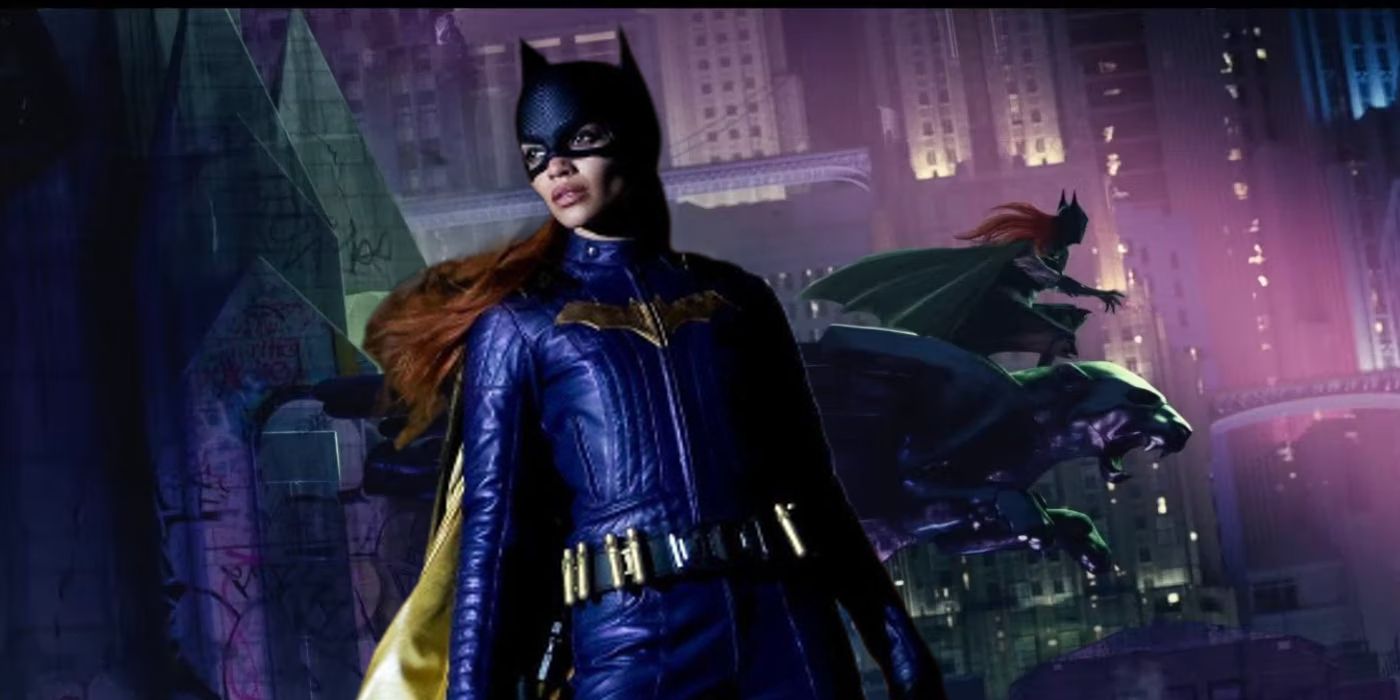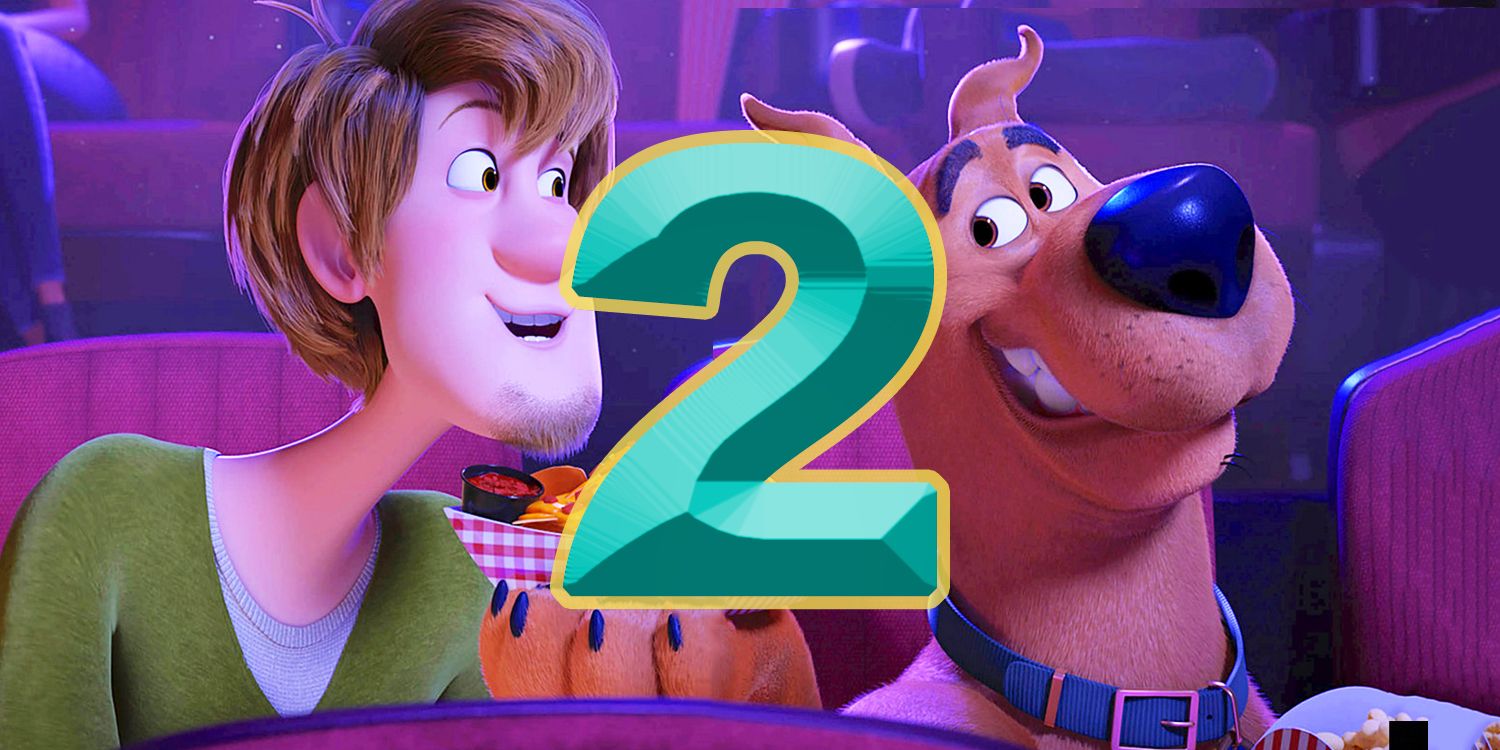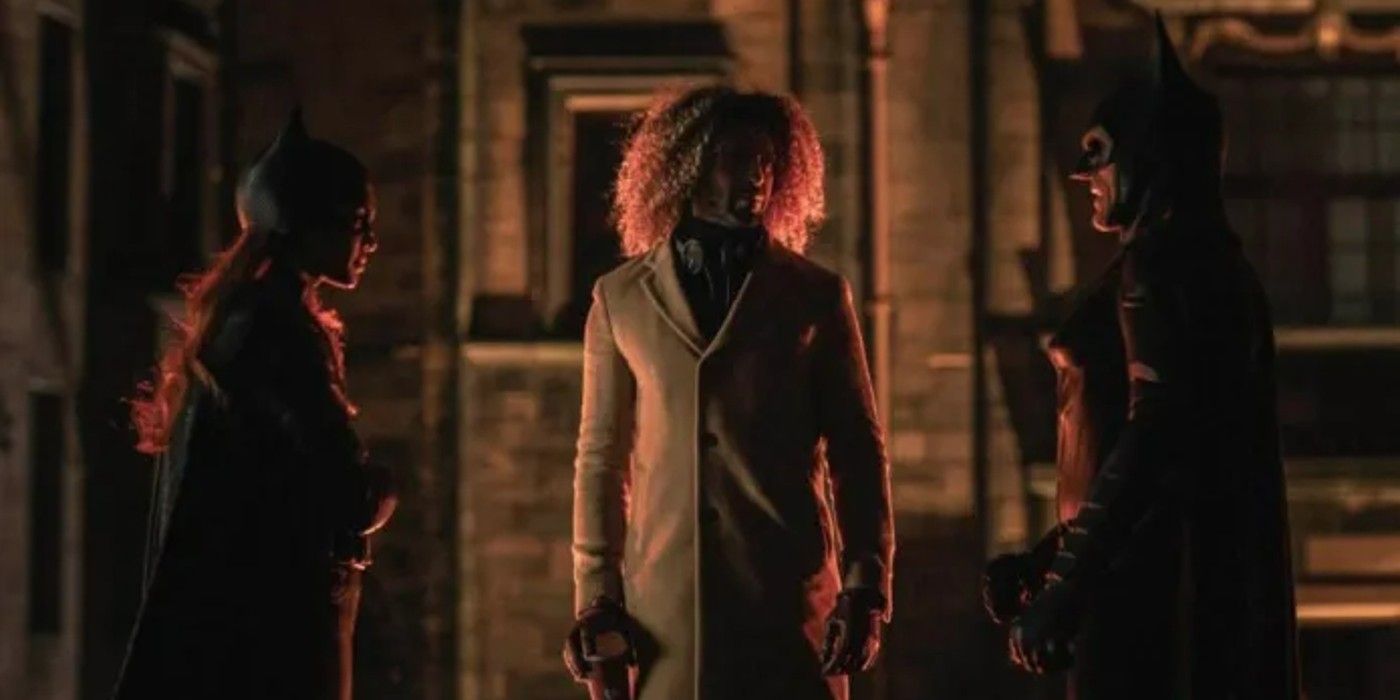Warner Bros. Discovery's plans to turn the $90 million spent on Batgirl into a tax write-off would make it illegal to release the movie, but the decision might not be irreversible. Using Batgirl as a tax write-off certainly makes the prospects of the movie eventually getting released much more complicated, but some new information suggests it doesn't actually pose an irreversible prohibition on the movie's release.
The history of DC movies at WB, particularly the last decade, is full of delays, rewrites, reshoots, and outright cancelations, but Batgirl is the most complete movie of the bunch to get axed entirely, and possibly one of the most expensive movies to get entirely shelved this late in production. As a part of Warner Bros. Discovery CEO David Zaslav's agenda to cut $3 billion in spending after acquiring the struggling Warner Bros., numerous movies and shows have been canceled and removed from HBO Max and a number of key executives have left the company along with the elimination of entire departments, with more layoffs likely. Despite being deep in post-production, Batgirl's $90 million budget was determined to be most valuable as a tax write-off to offset some of WBD's taxable income, making it effectively illegal to release the movie.
SCREENRANT VIDEO OF THE DAY
While the tax write-off makes Batgirl's release difficult and highly improbable, there are still several paths to Batgirl seeing the light of day should Warner Bros. Discovery change their mind down the road. The most obvious possibility is that the movie could be leaked on the internet, since the tax write-off means Batgirl can't be released for profit, but it turns out the tax write-off is not an irreversible decision, and in the world of Hollywood accounting, anything is possible.
Batgirl's Cancelation and Tax Write-Off Explained

Batgirl isn't the first movie to be used as a tax write-off, as Charlie Chaplan was destroying some of his movies back in the 1930's as a part of his own complicated history with the IRS. A lot of money in Hollywood is spent developing and creating TV shows and movies that never see the light of day, and that cost is often used to offset taxes for studios and investors. Some movies, particular filmmakers, or entire studios, have been accused of being created solely for the sake of burning money on doomed projects for tax reasons or as an elaborate money laundering scheme.
Batgirl was greenlit as an HBO Max exclusive to draw new subscribers to the fledgling platform, but David Zaslav's new streaming strategy doesn't think expensive streaming movies attract enough subscribers to generate profit, yet the movie's also not big enough to convert to a theatrical film, decreasing its monetization options. At the same time, WBD is looking to make as many ruthless cost-saving decisions as possible to achieve $3 billion in savings, making Batgirl's $90 billion budget a much bigger chunk of that $3 billion goal than many of Zaslav's other options.
The movie was also a component in Walter Hamada's DCEU plan, in which he needed to recover from the loss of Ben Affleck's Batman and Henry Cavill's Superman, reportedly leading to a Crisis On Infinite Earths crossover event to reset the timeline. A part of this plan included introducing Michael Keaton's alternate-universe Batman in The Flash, meaning he was also the only Batman in Batgirl despite other elements tying it to Ben Affleck's Batman canon from Zack Snyder's DCEU movies. With Affleck returning to the DCEU for both The Flash and Aquaman and the Lost Kingdom and now Batgirl being canceled, it seems like Keaton's role in the universe going forward may not be as permanent as the previous administration intended.
Scoob!: Holiday Haunt Proves the WB's Tax Write-Offs Aren't (Necessarily) Permanent

Another big movie to see cancelation despite being nearly finished was a prequel spin-off to 2020's animated Scooby-Doo reboot, Scoob!, titled Scoob!: Holiday Haunt, but a recent segment in The Hollywood Reporter's Heat Vision Newsletter suggests Warner Bros. Discovery may actually spend a few million dollars more to finish the movie, even though it's not being released, in case they change their mind and release it down the road. While a movie can't be released if it's been written off on taxes, it appears the studio could actually pay the IRS back for the write-off to make the movie eligible for release once again.
The decision to finish Scoob!: Holiday Haunt despite being canceled and used as a tax write-off proves Warner Bros. Discovery's decision to cancel and write-off these movies and shows isn't as permanent as it seems, and the decision to spend additional money to finish Scoob!: Holiday Haunt could be seen as A tacit acknowledgment by WBD that just because they've canceled numerous HBO Max movies and shows in 2022 doesn't mean they don't want to release them eventually. Due to the recent merger, Warner Bros. Discovery has much broader options for what to write-off on their taxes, meaning Zaslav's $3 billion savings target doesn't have to be reached by actually finding a full $3 billion in spending to cut, but it could also be attained by merely having WBD accountants identify $1.5 billion worth of existing assets to (temporarily, in some cases) convert into $1.5 billion in liabilities on their general ledger, resulting in an effective $3 billion swing on the balance sheet.
Of course, the actual tax and accounting situation is far more complex than simply re-labeling assets into liabilities, and many of WBD's biggest cost-savings measures, like shutting down CNN+ or laying off entire departments, aren't as easily reversible from an accounting perspective, so most of WBD's cost-cutting decisions are likely permanent. Still, for some projects like Scoob!: Holiday Haunt, the future may not be so bleak. If WBD can simply "change their mind" in the future and pay back tax break and release the content, that means temporarily shelving projects like Scoob!: Holiday Haunt is effectively just a zero-cost way for Warner Bros. Discovery's accountants to classify fully completed (and even already released) content a liability, thereby reducing the tax bill and contributing to an overall savings goal to impress Warner Bros. Discovery shareholders without eliminating the option to profiting off the content in the future.
How the Batgirl Movie Can Still Be Released, Even After It Becomes a Tax Write-Off

If Scoob!: Holiday Haunt was canceled and used as a tax write-off just like Batgirl, yet it's still getting finished and WBD can simply pay back the IRS in order to release it, then could the same be true for a Batgirl? If WBD decides to release Batgirl after all, it's now clear there's at least one straightforward path to do that; however, there are still some key differences between Batgirl and Scoob! Holiday Haunt that make this approach seem less likely (but still possible).
First, Scoob!: Holiday Haunt had a way lower budget than Batgirl, reportedly costing just $35 million. Therefore, it'd be a much lower investment to completely finish Scoob! Holiday Haunt than Batgirl, the cost of paying back the tax break would also be way less, and also make it easier for the film to turn a profit. Second, the fact that Scoob!: Holiday Haunt will be completely finished before the production is completely disbanded and the project is shelved means no work will have to be done on the movie after the taxes are paid back. Meanwhile, finishing Batgirl would require a much larger investment, in addition to complications like scheduling the return of the original cast and crew, shooting additional photography, dealing with VFX vendors who are already overworked with demands from other projects, and more.
Because of the state of Batgirl, the notion of WBD deciding to pay the taxes back and then starting production back up to finish the movie seems like a long shot; however, there are some other options on the table that could make its release more attractive. Since principal photography was completed, there's likely hours of Batgirl footage to work with, so while simply completing the movie and releasing it may not be as attractive to WBD leadership, the possibility of repurposing the footage for another Batgirl project might bring more value. One easy example of would be to convert Batgirl into a streaming series instead of a movie like Zack Snyder initially planned for the Snyder Cut of Justice League.
If Warner Bros. Discovery were to shoot some additional scenes to flesh out the story and fill out a more episodic structure, the Batgirl story could be turned into eight 20-30-minute installments. While a $90 million HBO Max movie might not fit with Zaslav and Warner Bros. Discovery's new streaming strategy, an episodic version of the same story that releases weekly over the course of several HBO Max billing cycles could be much more enticing. The fact that so much of the movie is already completed could make this option even more enticing. Factor in the praise Batgirl directors Adil El Arbi and Bilall Fallah got for their involvement with the Ms. Marvel series on Disney+, and the notion of repurposing Batgirl into an HBO Max streaming series makes a lot of sense.
The odds of Batgirl seeing the light of day in any shape or form may seem low, but Warner Bros. Discovery's plan to complete Scoob!: Holiday Haunt prior to claiming it as a tax write-off in case they change their minds down the road proves any of their canceled content, including Batgirl, could still be released in some form one day. Warner Bros. Discovery inherited a tough financial situation from years of executive mismanagement at Warner Bros., so it's understandable why drastic action was needed to find savings opportunities and get the company back on track, but the impact on the creative community and the strain the cancelations cause with talent has a real cost, too. Hopefully, David Zaslav and Warner Bros. Discovery find a way to release Scoob!: Holiday Haunt, Batgirl, and many of the other projects canceled for cost savings.
